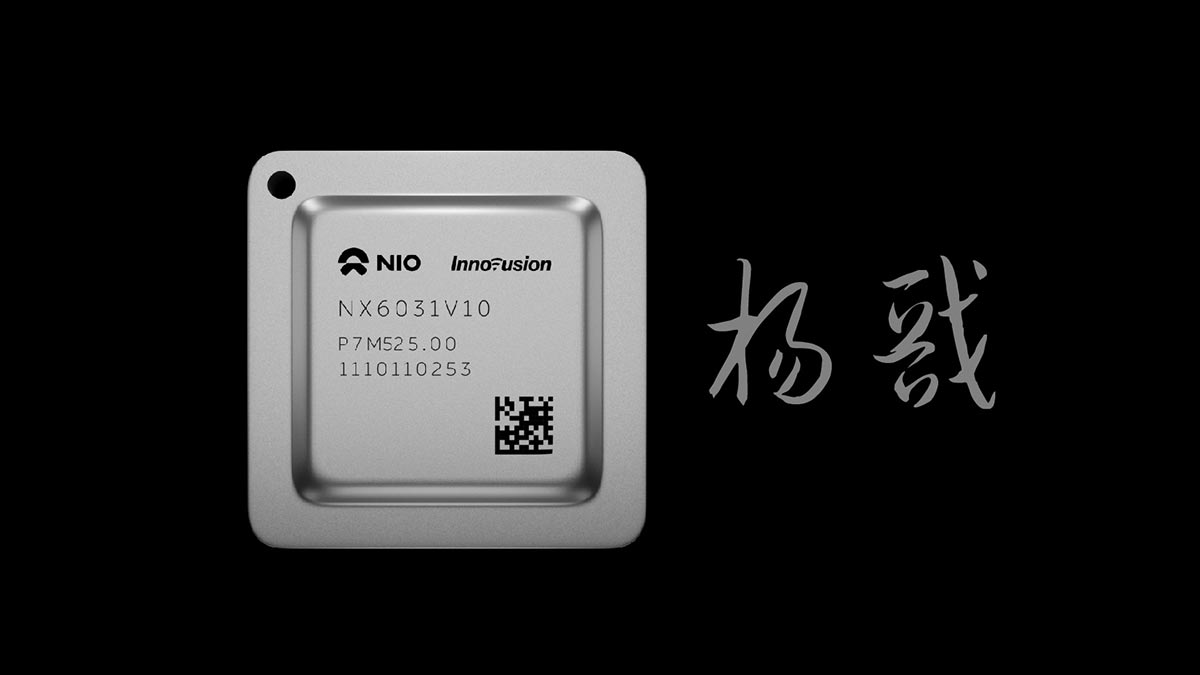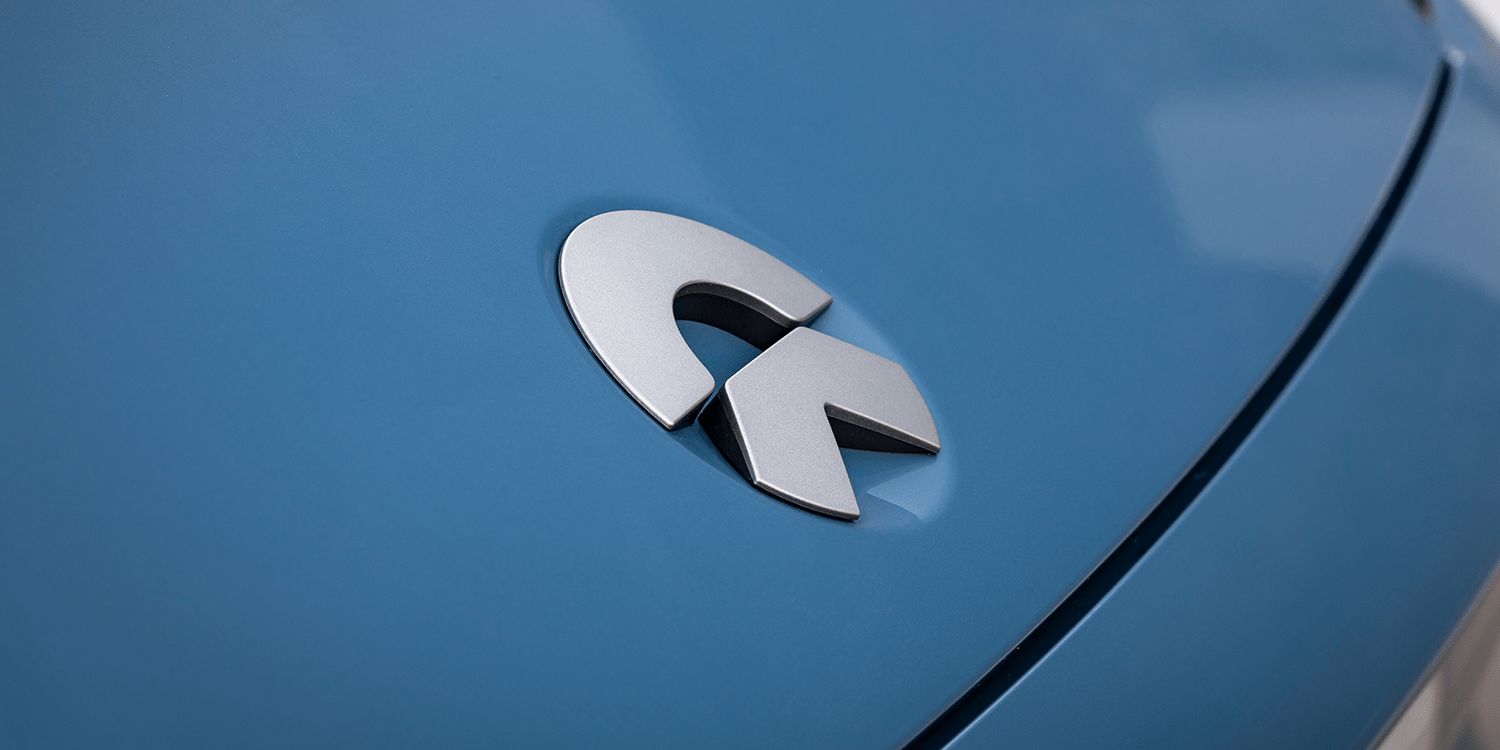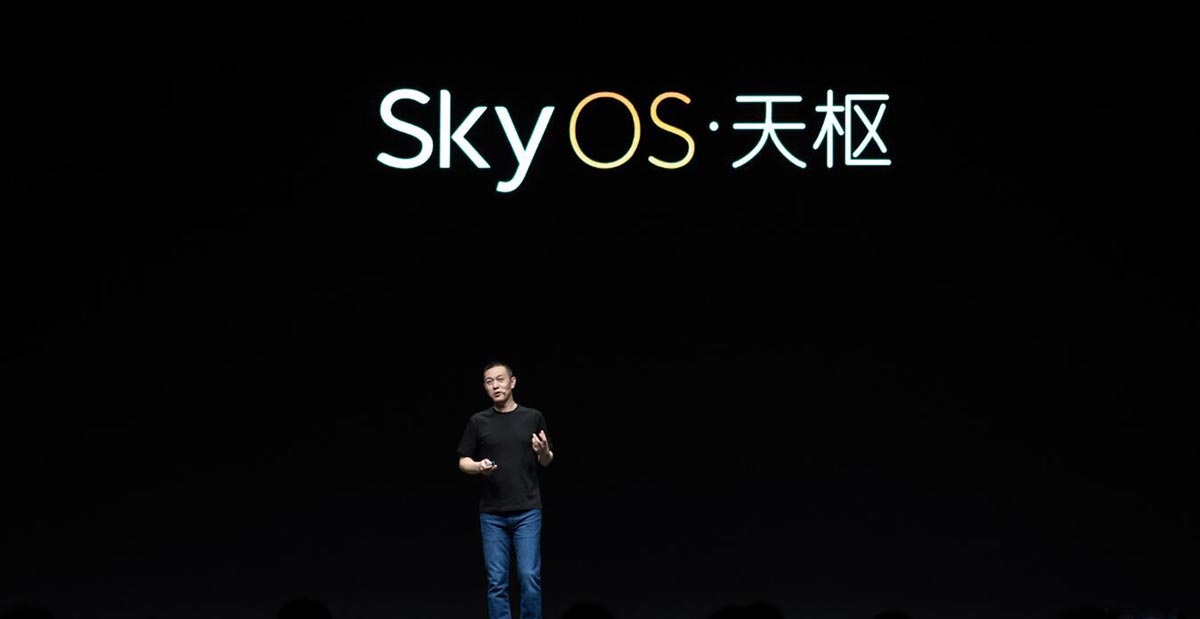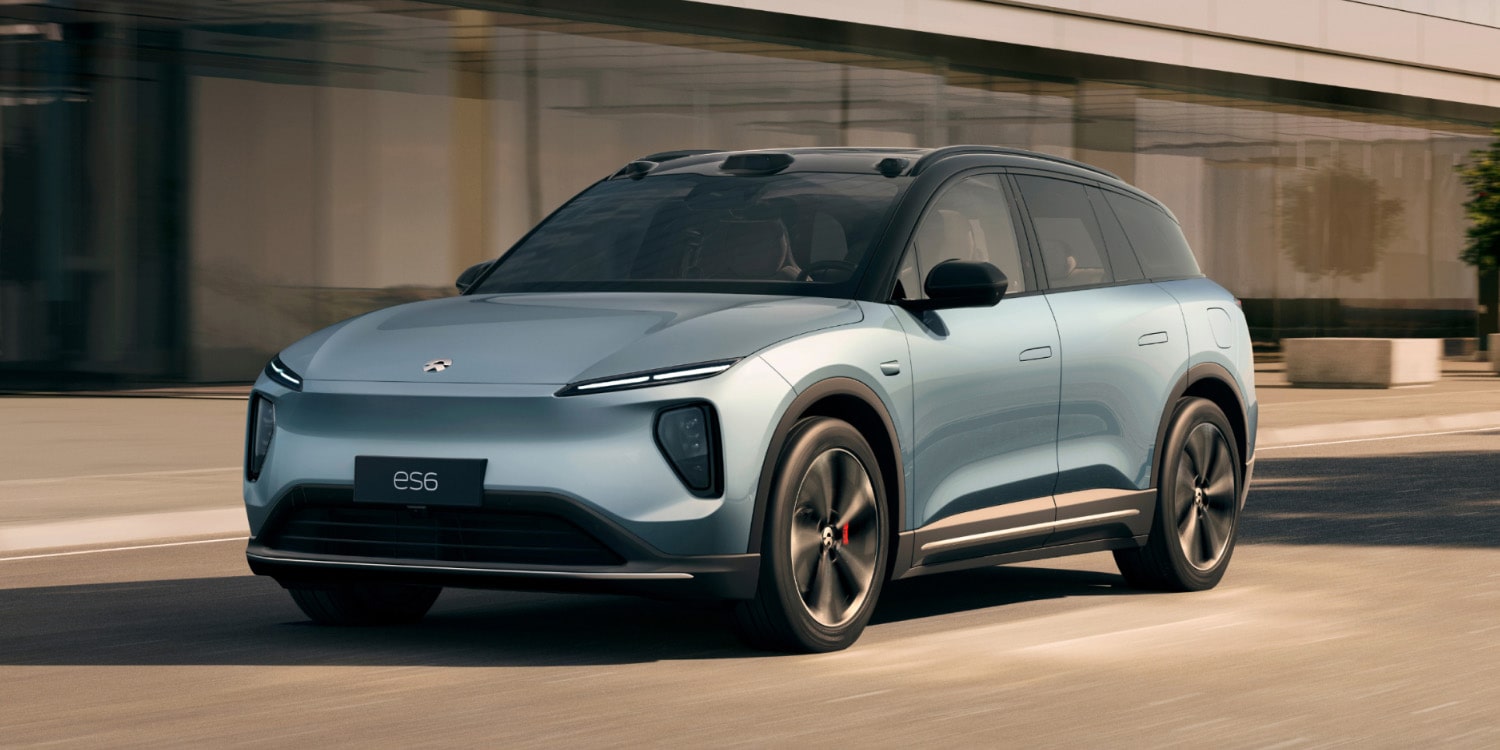NIO has announced that its inaugural in-house chip, the LiDAR main control chip known as “Yangjian,” is set to enter mass production next month. This strategic move aims to drive down the costs associated with a critical component, thereby enhancing the company’s competitive edge.
NIO’s founder, chairman, and CEO, William Li, made this pivotal announcement during the NIO IN 2023 innovation day event. The name “Yangjian” draws inspiration from Yang Jian, a character featured in the Ming Dynasty (1368-1644) novel titled “Fengshen Yanyi” or “The Investiture of the Gods.” This choice of nomenclature holds significance as Yang Jian, much like NIO’s LiDAR technology, possesses a unique attribute—an extraordinary third eye on his forehead.
Yangjian, the maiden chip developed in-house by NIO’s smart hardware team, boasts an impressive array of features. Equipped with an 8-core, 64-bit processor and the ability to facilitate 8-channel, 9-bit sampling at a rate of 1 GHz, this chip is tailor-made for efficient raw data capture from LiDAR sensors. Notably, it reduces LiDAR power consumption by 50 percent, slashes latency by 30 percent, and exhibits a remarkable point cloud processing capacity of 8 million points per second.
With an 800-strong chip development team, NIO is positioning itself not only to lead the industry but also to streamline costs effectively. According to Li, Yangjian is expected to result in savings of approximately $100 per vehicle, a substantial advantage for both the company and its customers.
It’s worth noting that the Yangjian chip proudly bears the logos of NIO and Innovusion, the EV company’s trusted LiDAR supplier. All eight of NIO’s current models, built on the cutting-edge NT 2.0 platform, come standard with Innovusion’s ultra-long-range Falcon LiDAR.
Addressing inquiries about the collaborative effort behind the Yangjian chip, Li clarified that while it was conceived by Innovusion, its development was executed by NIO’s dedicated research and development team. In a group interview, Li reiterated NIO’s strategic intent, emphasizing that the chip aims to bolster the company’s gross margins.
In the long-term vision, NIO aims to swap short-term research and development investments for enhanced profitability. The Yangjian chip is expected to yield significant cost savings, potentially recuperating R&D expenses within a year. Li underlined that the development of the Yangjian chip was a relatively streamlined process and affirmed that the company is actively engaged in the creation of its primary chip, which will be unveiled when the timing is right.
This announcement validates a report from October 9, 2022, when it was revealed that NIO had assembled a formidable chip team of nearly 300 experts, dedicated to advancing both self-driving and LiDAR chip technologies. As NIO continues to push the boundaries of innovation, the forthcoming mass production of the Yangjian chip is poised to mark a milestone in its journey towards cost-effective, cutting-edge EV solutions.






